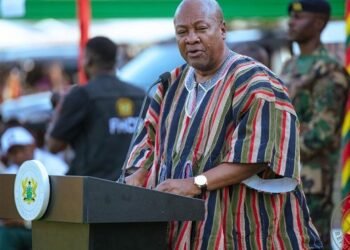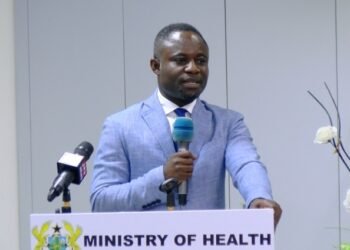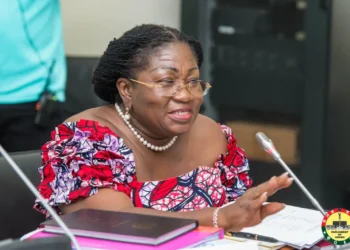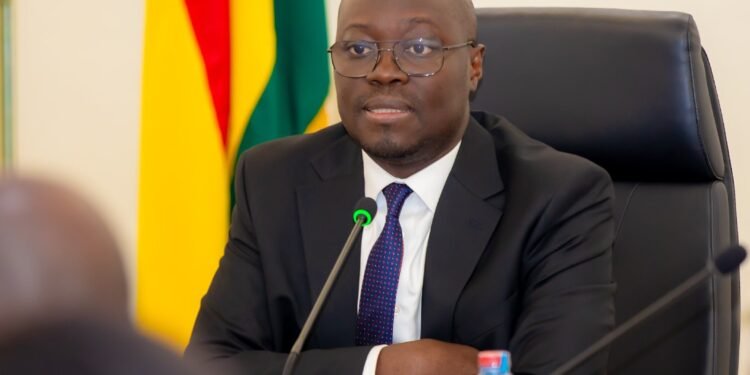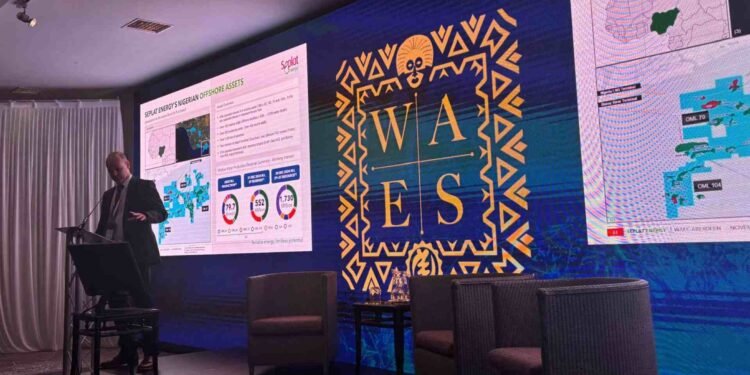The Ghana Private Road Transport Union (GPRTU) has publicly disassociated itself from a recent announcement made by the Ghana Road Transport Coordinating Council (GRTCC), which declared a 20% increase in public transport fares to take effect on Friday, August 8, 2025.
Reacting to the new development, a member of the GPRTU’s Public Relations Department, Samuel Amoah, expressed astonishment at the development, stating that the GPRTU was not informed, engaged, or involved in any discussions prior to the announcement.
“Yes, we’ve seen the release from GRTCC talking about the increasing transport fares by 20% this Friday. When we saw the communique, we were a bit surprised, because we had no idea about this very increment.”
Samuel Amoah
Amoah stressed that the adjustment of transport fares has traditionally followed a collaborative process involving the GPRTU, the GRTCC, and the Ministry of Transport.
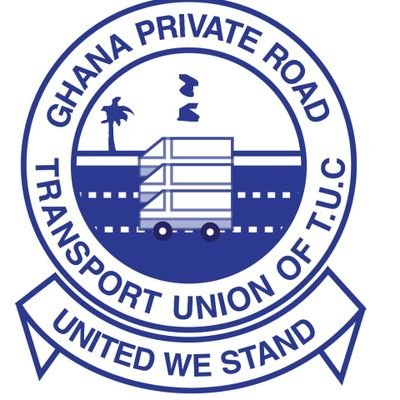
According to him, fare changes are usually agreed upon through consultations among these key stakeholders and are announced through a jointly issued public statement.
He noted that the recent fare announcement deviated from this established procedure, which came as a surprise to the union.
Fare Hike Sparks Union Division
Samuel Amoah further indicated that the GPRTU had not been involved in any prior discussions regarding the proposed 20% fare increase.
He made it clear that the union was completely unaware of the decision and had not participated in any related agreements or consultations leading up to the announcement.
Despite this sharp denial from the GPRTU, the GRTCC insists the fare increase is justified, citing rising operational costs for commercial drivers.
The Council claimed the decision followed the framework laid out in the Administrative Arrangement on Public Transport Fares and included consultations with certain transport unions.
According to the GRTCC, although transport fares were reduced by 15% on May 21, 2025, there has been no subsequent reduction in the cost of spare parts and other vehicle maintenance inputs.
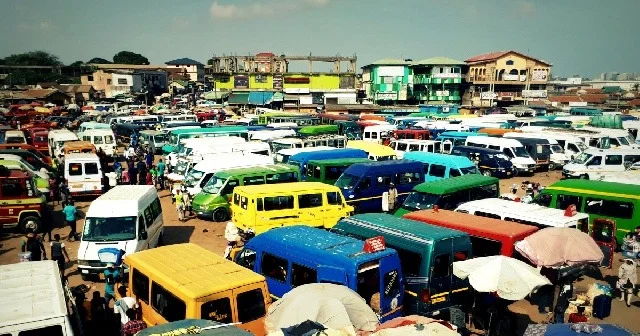
Furthermore, the recent implementation of a GH₵1.00 per litre fuel levy has increased fuel prices by approximately 8%, intensifying the cost burden on operators.
In addition, the Council pointed to worsening road conditions nationwide as a further source of rising maintenance expenditures for drivers. These three factors, according to the GRTCC, collectively justified the fare adjustment.
However, the GPRTU’s denial of involvement in the decision process has raised serious questions about how representative and transparent the GRTCC’s consultations truly were.
If the largest union in the sector was not included in discussions, stakeholders fear that the process may have lacked broad consensus.
COPEC Joins in Rejection of Transport Fares
The controversy also drew the attention of the Chamber of Petroleum Consumers (COPEC), which has strongly refuted the legitimacy of the 20% fare hike.
COPEC argued that its checks with major transport unions, including the GPRTU, indicate no official agreement or directive has been established to raise transport fares.
COPEC’s Executive Secretary, Duncan Amoah, described the fare increment as baseless, especially given the economic strain already being felt by commuters.
He noted that while a new GH₵1.00 per litre fuel levy has been introduced by the government, the broader trend in fuel prices has actually been downward in recent months.
“For the avoidance of doubt, fuel prices which used to sell for around Ghc15/litre as of January 2025, when it declined to around ghcll and Ghc12/litre saw a section of drivers who were magnanimous in reducing transport fares by some 15% though a cross section of other driver Unions did not reduce their fares and had to be literally chased by the local assemblies.”
Duncan Amoah
He maintained that the current fuel price levels do not justify claims of significantly increased operational costs that would warrant a rise in transport fares.
He expressed surprise that some transport operators were attempting to use the present market conditions to support fare hikes, despite prices still being lower than they were earlier in the year.

Amoah also pushed back against arguments linking the fare hike to the anticipated return of road tolls, noting that tolls have not yet been reintroduced and therefore should not influence fare decisions.
COPEC welcomed GPRTU’s stance on the matter, describing it as a responsible position. The group praised the union for standing by commuters and resisting premature fare adjustments that are not grounded in real cost escalations.
Amoah concluded by calling for greater stakeholder engagement and transparency in any future discussions around transport fares, warning that hasty decisions could aggravate the financial pressure on ordinary Ghanaians who rely on public transportation daily.
As of now, with the GPRTU clearly distancing itself from the announced fare increment and COPEC voicing strong opposition, the transport sector appears to be grappling with disunity over fare policy.
If not resolved through inclusive dialogue, this division could lead to further public confusion and sectoral tension in the days leading up to the proposed implementation date.
READ ALSO: Oheneni Adazoa Publicly Refutes Pregnancy Speculations





